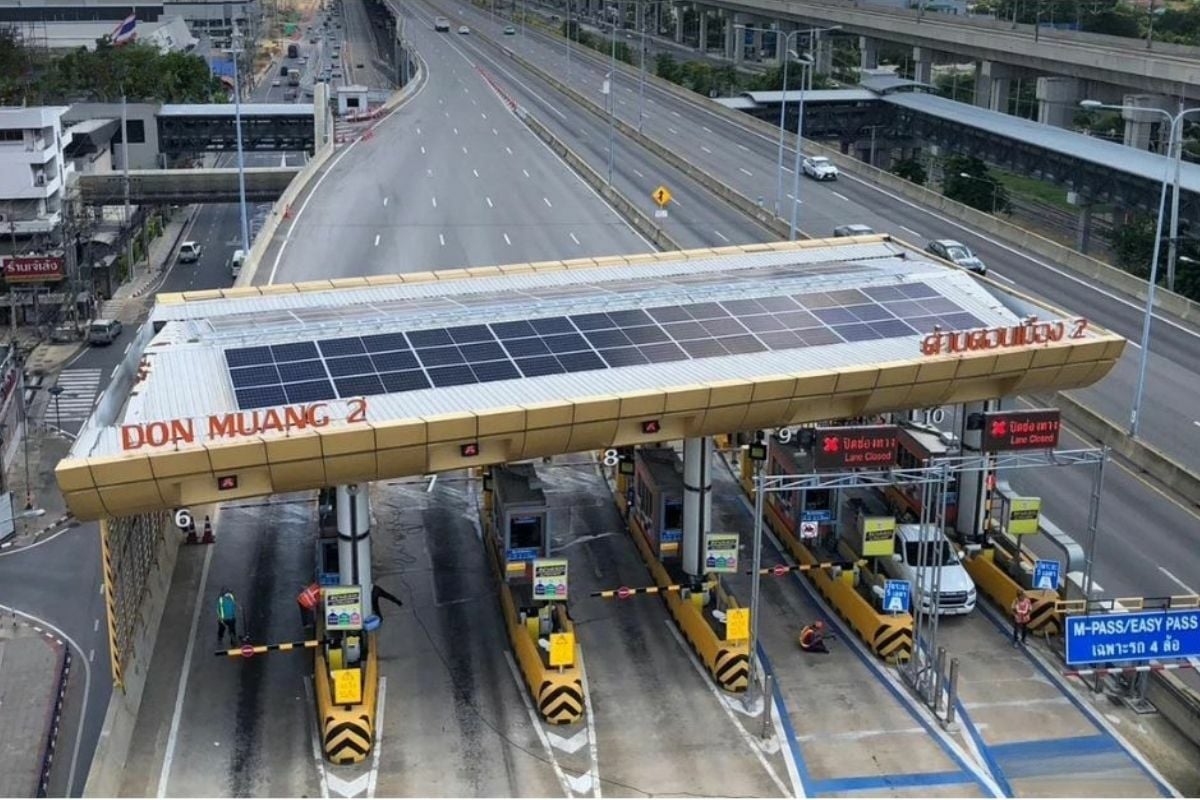Thailand rolls out new tollway speed limits to enhance safety

Thailand’s transport ministry has introduced new speed limits for tollways, aiming to improve traffic flow and enhance safety. The regulation, issued under the Highway Act 1992, applies specifically to concession highways, marking the first time such roads have been subject to speed restrictions.
Under the new rule, different vehicle categories must adhere to strict speed limits:
- Trucks over 2.2 tonnes and buses with more than 15 seats – maximum 80 km/h
- Vehicles towing another vehicle or small four-wheel vehicles – maximum 65 km/h
- School buses and student transport vehicles – maximum 80 km/h
- All other vehicles – maximum 100 km/h
Additionally, any vehicle travelling in the rightmost lane must maintain a minimum speed of 90 km/h, unless traffic conditions, poor visibility, or obstacles prevent them from doing so. Drivers must also obey lower speed limits where indicated by traffic signs.
According to the transport ministry, this regulation is designed to align speed limits with road conditions, ensuring smoother traffic flow and reducing accidents.
Currently, the Uttaraphimuk Elevated Tollway, also known as Highway No. 5, which runs from Din Daeng to Victory Monument, is the only concession highway in Thailand. This new rule represents the first official attempt to regulate speed limits on such roads, filling a major gap in the country’s traffic laws.
Until now, Thailand has only enforced the Ministerial Regulation on Speed Limits for Driving on Roadways (2021), which applies to general roads but does not account for concession highways’ unique characteristics. This lack of specific regulations has led to frequent speeding violations and inconsistent traffic flow on tollways.
By implementing these new restrictions, authorities hope to enhance road safety, improve driving conditions, and prevent excessive speeding on Thailand’s tollways. Drivers are advised to stay updated and ensure compliance with the new rules to avoid fines or penalties, reported The Nation.
In related news, the Expressway Authority of Thailand (EXAT) implemented tougher penalties for unpaid tolls since January 1. Drivers who fail to pay now face fines of up to 10 times the toll fee, capped at 2,000 baht per incident. This measure, under Section 63 of the EXAT Act of 2007, aims to curb toll evasion and ensure compliance.
Latest Thailand News
Follow The Thaiger on Google News:


























